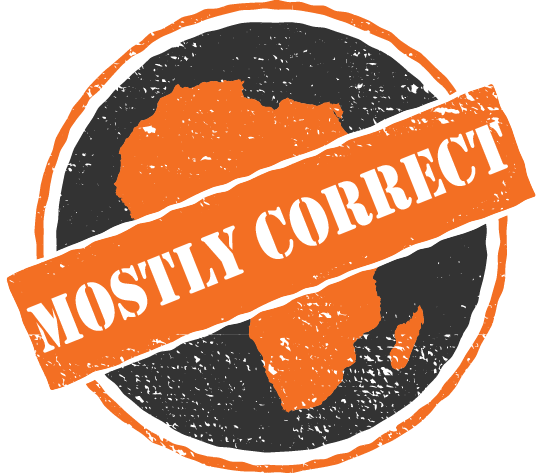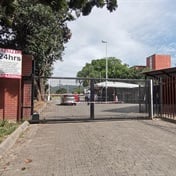
Did the ANC get its facts straight in the party’s 2019 election manifesto? We check a selection of claims.
Claim: Our support for university and TVET college students from poor and working-class backgrounds through the national student financial aid scheme (Nsfas) has hugely increased from R70 million in 1994 to nearly R15 billion last year.
The National Student Financial Aid Scheme (Nsfas) did not exist in 1994.
In that year the Tertiary Education Fund of SA – its predecessor – funded 25 568 students to the tune of R70.5 million, said Nsfas spokesperson Kagisho Mamabolo.
Asked to provide the source of the “nearly R15 billion” in the ANC’s claim, national elections communications manager Lerato Monethi referred Africa Check/City Press to Nsfas.
The latest Nsfas annual report states that R14.1 billion was disbursed in student financial aid, benefiting 460 341 students in the financial year 2017/18.
We asked Mamabolo to provide a more recent figure for spend on student financial aid – for January to December last year. However, the number he provided (R22 billion) was a budgeted amount for disbursement and administration and not confirmed spend.
Therefore, the latest available number for support to students is the R14.1 billion in the annual report. Mamabolo said the Nsfas funding had increased since 1994 because of an “increase in available academic spaces, in the funding budget and in matriculant candidates”.
Money well spent?
Professor Pierre de Villiers of the economics department at the University of Stellenbosch and his colleagues did a study of Nsfas-funded students who entered the higher education system from 2000 to 2004. “The most interesting finding was that the Nsfas students are, on average, more successful than the non-Nsfas students,” he said.
The study, which tracked the performance of individual students as they progressed through the system, found that a greater proportion of Nsfas-funded students obtained qualifications compared with their non-funded peers.
“Of the 2000 group that received Nsfas awards, 55% had qualifications and 38% had dropped out by the end of 2008. For non-Nsfas students, 48% had qualifications and 46% dropped out,” said De Villiers.
“One can add here that more than 71% of the funds spent on the 2000 group was spent on students who obtained a qualification.”
One of the contributing factors to the better performance of Nsfas students was that they were less likely to drop out because they had “a financial back-up”, he said.
An incentive that might have played a role was the fact that Nsfas students were able to convert portions of their loans into bursaries based on their academic performance, he said.
De Villiers said the researchers found students in the system who were still funded despite failing to obtain a qualification within nine years, which raised questions about the administration of Nsfas. “Nsfas helps but it’s not perfect,” he said.
Mamabolo said “valid and justifiable reasons” might exist for finding “a small minority of students in the system who had received funding for this period, however we cannot comment on this without exploring the relevant data”.
Verdict: Mostly correct
The ANC claimed that student support through Nsfas funding had increased from R70 million in 1994 to nearly R15 billion last year. Nsfas data show R14.1 billion was disbursed in student financial aid in 2017/18. The claim is therefore mostly correct.
The ANC did provide responses to our questions about the sources of claims in its manifesto, but the party did not make use of an opportunity to comment on our findings.
- This package is part of a journalism partnership with Africa Check, the continent’s leading fact-checking organisation. The project aims to ensure that claims made by those in charge of state resources and of delivering essential services are factually correct. In the run-up to this year’s national and provincial elections, it is increasingly important that voters are able to make informed decisions.




 Publications
Publications
 Partners
Partners








